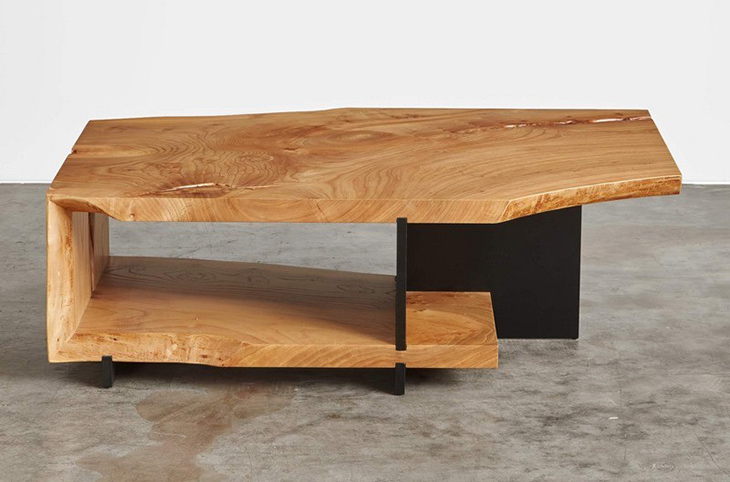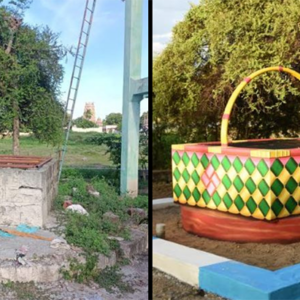
Who says dead trees are only good for firewood? All across the United States, cities are finding ways to upcycle their felled urban trees to make them into usable, valuable, and interesting items rather than burn them, dump them into landfills, or feed them to the chipper.
Aside from this system being just better for the environment all around, it’s also one trend that a group of urban woodworkers have banded together to create a network of entrepreneurs and innovators to create new and improved products using this otherwise so-called ‘waste lumber.’
According to the Urban Wood Network, the U.S. alone can make and produce nearly 8 billion board-feet of urban-sourced lumber annually, when this type of lumber is processed, sold and used to its highest value. This is around 10% of the production of what the traditional lumber industry gets from the forests around the country.
In a 2018 article from Pew Charitable Trusts, it shared how city leaders from Harrisonburg, Virginia started a wood utilization effort that crated park benches, conference room desks, and planter boxes all from the felled trees in their municipality.
Moreover, the article went on to share that in Maryland, they also have the Baltimore Wood Project, another U.S. Forest Service-led program that promotes the reclamation of urban wood. This has provided over 65,000 board-feet for the city construction of wellness centers, fishing piers, and pedestrian bridges around their city.
Meanwhile out west, another company called the West Coast Arborists is also doing its part. With 350 cities all across California and Arizona, they have been fighting for city ordinances on shade trees and other types of urban tree planting programs to promote the planting of high end-use value tree species also for the purpose of reclamation and upcycling.
Notably, the West Coast Arborists have currently been supplying lumber from their felled urban trees to none other than Taylor Guitars, as the company was looking for wood from Shamel ash and red ironbark eucalyptus trees for a number of their guitar models.
Another such company is the Seattle-based bespoke furniture maker, Urban Hardwoods, which has its very own sawmill to process trees that they get through Urban Wood Network. It’s because of Urban Wood Network that municipalities, sawmills, arborists, and finished good makers and producers, as well as others can have such a large scale network of wood reclamation going on.
When it comes to Urban Hardwoods’ creations, they are made from trees that have been cut down ‘as part of the tree-surgeon work in Seattle,’ which are felled all within a 15-mile radius of the store. Just like they say on their website, ‘From tree to table’ since they are not only ethically sourced, but as they explain, every piece of their furniture “has a story to tell.”
In addition, the beautiful and forest-filled state of Oregon also has its own program from their environmental department that’s in charge of recycling shrubs, limbs, and other wood that cannot be turned into high-end furniture or other wood products. Rather, they made them into biochar, which is a recently created soil amendments that uses ‘heating wood over fire without access to oxygen.’ When this biochar is placed in soil, it works like a sponge to absorb minerals and water. Plus it also works be something nice and solid that trees or shrubs can wrap their roots around to keep them steady and grounded.
While biochar is not as carbon-neutral as furniture, like some other fertilizers, it produces less CO2 than when chopping trees into chips, loading them into landfills, or simply burning them. And if it’s better for the environment, then it’s just really better all around.
What are your thoughts? Please comment below and share this news!
True Activist / Report a typo


